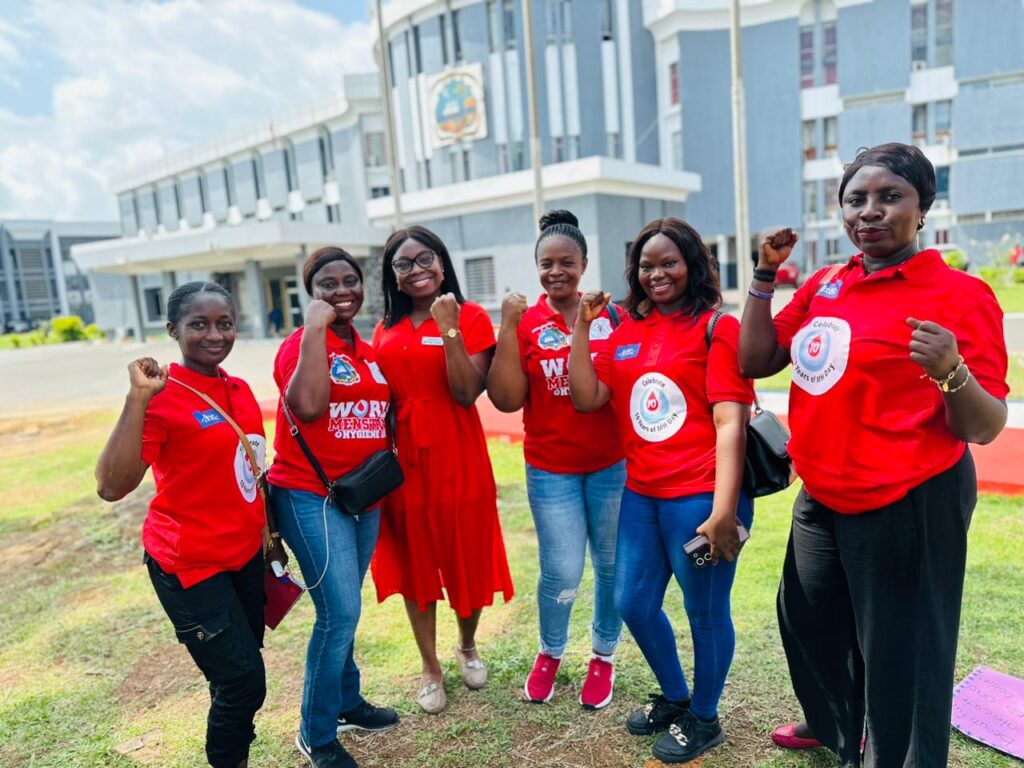Every aspect of society is dependent upon the health of its population. Health is essential to an individual’s well-being, quality of life, and ability to participate in society. Yet the healthcare sector, even at its optimal level of functioning, cannot improve the health of the population without addressing the root causes of poor health. Critical gaps exist in the availability of essential drugs, equipment, and medical supplies. According to the Ministry of Health out-of-pocket expenditure on health is (51%) of total health expenditure which limits access to health services and expose the
population to the risk of impoverishment. Further access to health is hindered by low service quality and inequitable distribution of health facilities. This shows that the health of approximately 5million Liberians, most of whom are women, youth, and children from low-income households, are
threatened by economic, societal, cultural, environmental, and social conditions as well as continuous lack of investment by its government.
Poor health in any population group affects everyone, leading to higher crime rates, negative economic impacts, increased health care costs, and other devastating consequences.
Despite this fact, efforts to improve health in Liberia are impeded by inequitable social structures, stereotypes, legal systems, and regulatory schemes, limited or non-investment Public Health Initiative Liberia Profile by Liberian government that impacting health of its overall population. As a result, a large segment of the population is continually denied the opportunity to live long, productive lives and to exercise their rights under democratic principles. Health, equity, and justice make up the keystone of a functional, thriving society. These principles are unsatisfied when they do not apply equally to all members of society. It is against this background that Public Health Initiative Liberia (PHIL) was founded with the mission to promote and enhance the quality of health care delivery in Liberia through leadership, Partnership, innovation, capacity building and advocacy
Our Approach
We believe that health inequalities exists at the intersection of health and justice and that health is a basic is a human right whereby all people should be able to access life-saving medicines and services when they need them. As such we take a human rights approach to our work grounded in community mobilization, community engagement and community empowerment
Community Mobilization
or goals, mobilizes resources and in order ways develop and work with communities to identify strategies
for improving health outcomes in their communities
Community Engagement
children, thereby bringing local experience and lesson towards improving health outcomes in Liberia
Community Empowerment
determinants that underpin health, and seeks to build partnerships with other sectors in finding solutions.
Core Values Core Values
Transparency
PHIL widely and openly shares information and resources, encouraging constructive dialogue and exchanges among all partners to continually refine state-of-the-art knowledge and best practices.
Community-Focused:
PHIL remains intimately connected with communities, families, mothers and children and caregivers thereby bringing local experiences and lessons to the policy table. PHIL builds partnerships and strategies that empower families, communities local and national governments to participate in health decision- making. Hence our moto: Empowering communities to save lives as inscribed in our logo
Accountability for Impact
PHIL values accountability and monitors its work to ensure a improve health outcomes at the community, county, and national levels.
Leadership
We strive to show leadership and excellence in our core areas of work, by drawing attention to health injustices and amplifying the voices of people and communities towards addressing health inequalities.
Innovation
We value our shared experience, but are equally committed to finding innovative, lasting solutions to new problems that threaten Liberians health



